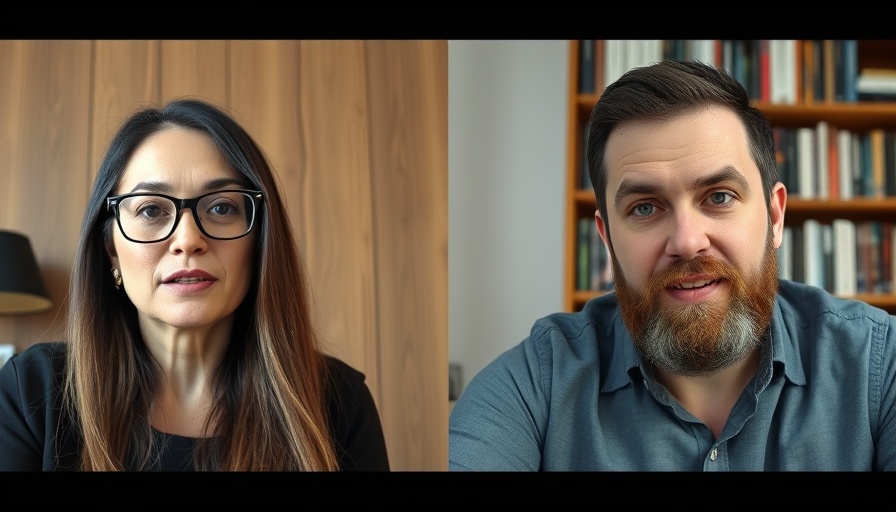
Unpacking the Insights from Secretary Buttigieg's Conversation
In a recent session, Secretary of Transportation Pete Buttigieg discussed pivotal issues affecting communities, including transportation, economic development, and equity, which resonate deeply with Philadelphia's top earners. The conversation touched on how improved infrastructure can lead to enhanced economic opportunities and community growth.
Why Transportation Matters to Philadelphia's Top Earners
Transportation plays a crucial role in the success of businesses and individual livelihoods. Buttigieg emphasized the need for investing in modern transport systems, which can alleviate congestion, reduce delays, and foster more robust economic connections. For those in the higher wage brackets, this improvement signifies not just efficiency but the potential for greater profits as the flow of goods and services aligns with a more streamlined transportation grid.
A Future Connected: Economic Growth & Transportation
Buttigieg underscored his vision for future projects powered by federal funding aimed at enhancing transportation networks. For Philadelphia’s wealthy demographic, this translates to smarter investments in public transit—an interconnected system that serves not just the individual but the corporate landscape crucial to the city's economy. Such developments can attract investments, enhance property values, and ultimately, create a more prosperous environment for higher-income earners.
Equity as a Driving Force
Moreover, Buttigieg's focus on equity within transportation highlighted the importance of bridging gaps that often isolate certain neighborhoods economically. By ensuring that all communities benefit from improvements, the potential for a more inclusive financial growth trajectory becomes a reality. This equity-oriented approach should be particularly appealing to those who value corporate responsibility alongside profit.
The insights from Secretary Buttigieg present a clarion call for Philadelphia's top earners to become not only stakeholders but active participants in shaping the city’s future through transportation advocacy. Understanding these dynamics can empower them to consider how their philanthropic actions can influence long-term solutions that benefit the entire region.
 Add Row
Add Row  Add
Add 




Write A Comment